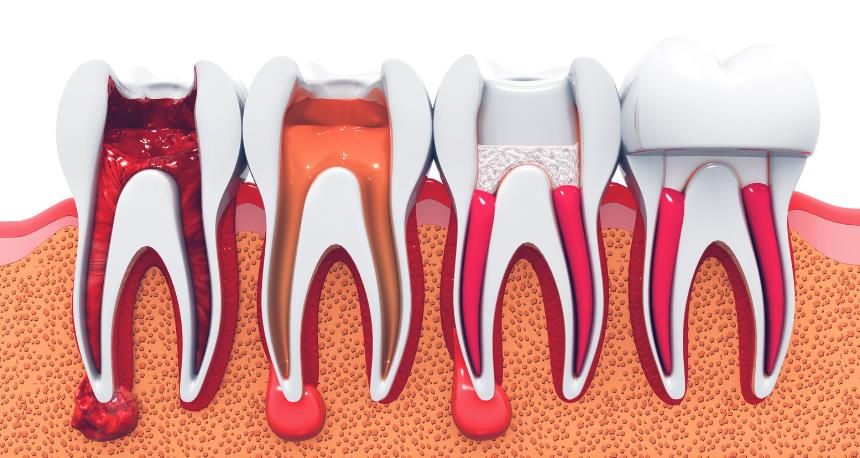Many patients have the question: Do root canals hurt? If so, what is the reason for this pain? This article aims to answer that question. If you’re wondering if root canals hurt, read on to discover more. After all, they’re the standard treatment for infected teeth.
However, there are some important factors you should consider before you decide to get one. You should understand that this procedure is not without risk.
Do Root Canals Hurt? Facts based truth
So the question is Do root canals really hurt or not? Well in truth based on facts root canals aren’t a painful procedure. Root canal hurts only when the anaesthesia wears off, that pain is really of low threshold, if you keep yourself busy you may not even feel that.
The pain experienced prior to a root canal procedure is the result of inflammation. This swelling impacts the nerve in the tooth. Because of this, it is sensitive to anything that comes into contact with it.

Basically, when a tooth has decay, this cavity creates a hole that allows food, air, and heat to reach the nerve. Obviously, this is not healthy and causes pain and sensitivity. Therefore, you should not try to avoid brushing or eating for a few days after having a root canal.
In Addition to pain After root Canals
In addition to the pain, a root canal can also lead to tooth discolouration. Although this can occur for many reasons, it is a sign that you may need a root canal. In some cases, root canal treatment can actually help your tooth by eliminating the stains that are present.
Another symptom of a root canal is a swollen gum near the painful tooth. This swelling is often tender to the touch, and it may be accompanied by a pimple on your gum. This is known as a gum boil, parulis, or abscess.
Root Canals Aftercare Is Important
Although most root canal procedures are performed under local anaesthesia, you may experience some discomfort after the procedure. Your dentist may give you an over-the-counter pain reliever if you experience any discomfort during the procedure.
Otherwise, you can try using over-the-counter pain medications or home remedies that can relieve the pain for a few days. These treatments should only take about an hour to complete. You should be prepared to have a few days of discomfort after the procedure, but you shouldn’t be uncomfortable for too long.
Modern dentistry has made root canals far less painful. Modern dentists use local anaesthesia to numb the tooth during the procedure, and sedation options to make the process less painful.
The pain you experience during the procedure is largely due to the toothache you’re experiencing. Generally, you can expect this minor discomfort to subside on its own. The pain is minimal, and the results far outweigh the risks.
Regardless of the cause of the discomfort, root canal therapy is a crucial part of maintaining dental health. While root canals may seem uncomfortable, you should remember that they’re painless compared to other treatments and surgeries. The pain stems from infection or trauma, so you’ll experience only a mild discomfort during the process. The pain you experience will subside the next day, but you may be in a bit of discomfort.
When your tooth is infected, the procedure will be more painful. Endodontic therapy helps to relieve this pain by removing infected, damaged tissue from the inside of the tooth. Modern endodontic treatments have improved the way root canals are performed. The procedure can now be done with much less pain than in the past. Most people report that the procedure is painless and only a slight amount of discomfort during the procedure.
Root canal therapy is a necessary treatment for people with severe tooth infections. During root canal therapy, your dentist will remove the infected soft tissue from the inside of your tooth. The purpose is to prevent the infection from spreading throughout your mouth. It is similar to a routine dental filling. Most people experience no pain from root canals. However, if you experience any pain, you may experience swelling or sensitivity afterwards. If you are worried about the pain, the procedure is much less painful than fillings.
